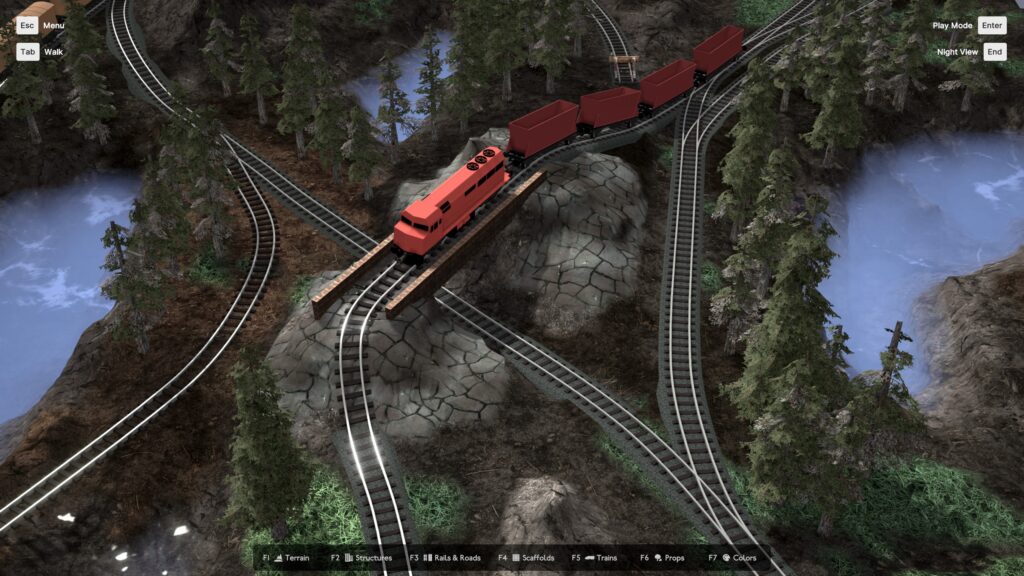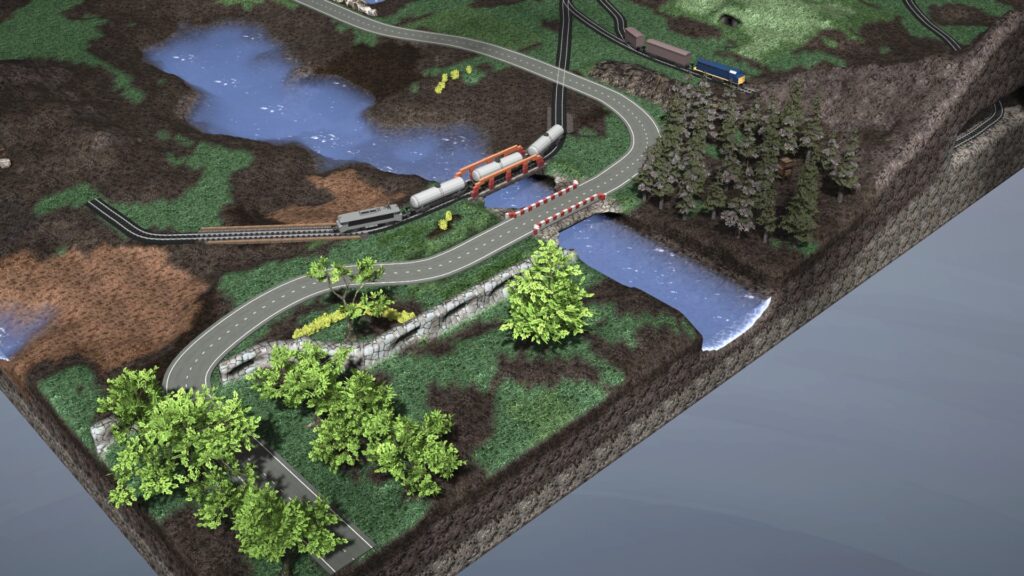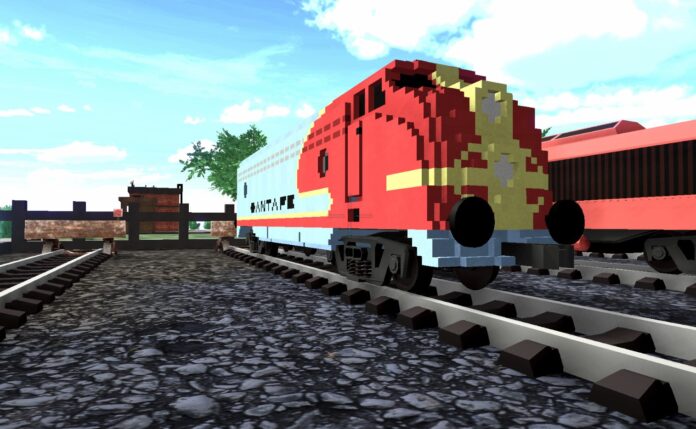Splenbit is a part-time solo game developer, known for his game Blocks Tracks Trains. He obtained a doctorate in Informatics and Robotics and has been working as a software developer on various projects since 2009. Since the age of 10, he has always liked programming as a hobby. And that’s what game development is to him at the moment, a hobby.
While he enjoys the freedom of developing games by himself at his own pace, Splenbit wouldn’t mind working in a team. “I’m not good with story telling or puzzle design, so combining some expertise would be nice.” For now he schedules his game development work around his ‘real’ job and his family.
Why did you become a solo developer?
“I like pursuing my own vision. I always wanted to create things that people enjoy playing with.”
What are the biggest advantages of working solo?
“I am doing this part time for now, so scheduling work depends a lot on what’s happening at ‘real’ work or with family. As a solo dev I don’t have to synchronize with other people and can work at crazy hours. I also don’t feel pressure to do something because somebody might be blocked otherwise.”
And the biggest pitfalls?
“You lose an objective view of your work. Without pressure, you might let things sit for too long. At ‘real’ work there are always colleagues to ask for advice or comments.”
What’s your creative process?
“I mostly try to think about what I’d like to have in my product and go for it. Then I show it to some people and make changes according to the feedback. I have a friend who works on board games in his spare time, check out Goodcritters if you get the chance. We often bounce ideas off each other. We talk almost every week and exchange ideas and progress reports.”

How do you stay motivated through (years of) development?
“Programming is a hobby of mine, and I like games in general, so it does not feel like work most of the time. I also usually have a good idea of what I need to work on next and I usually have a few approaches already in the back of my head. As for the times when it does feel like work, I try to alternate between the fun parts and the not-fun-but-necessary parts.”
Will you ever work in a team or is it only solo for you?
“I’m open to do some team work. Actually I’d like to join a team that has great artists and game designers but needs a programmer. I’m not good with story telling or puzzle design, so combining some expertise would be nice.”
How did you get the idea for Blocks Tracks Trains?
“My father had a train set when I was a kid, and he built everything on it from scratch. I also enjoyed seeing the things players were building in Minecraft, so I decided to make a creative toy in which you build train sets from voxels. The original vision was all voxels. You would even have to build the train wheels yourself. But since then I added a few models and props to make it a bit quicker and more fun to use.”

You built quite a robust and unrestricted editor that lets players create pretty much anything they can think of. Any ideas for other games using this system?
“I will continue adding cool stuff to BTT. I have a few hardcore fans who keep my backlog well-filled. The voxel editing system is not the most complex part of the game, and I don’t know if I will be making any building toys in the near future. It might be a nice base for procedurally generated worlds though. The most complex part was actually the railways and the trains, so I will probably make more games with trains.”
What’s the biggest lesson you learned from this project?
“Two things really. Do marketing and most players prefer creative toys in which you get beautiful results with little effort.”

